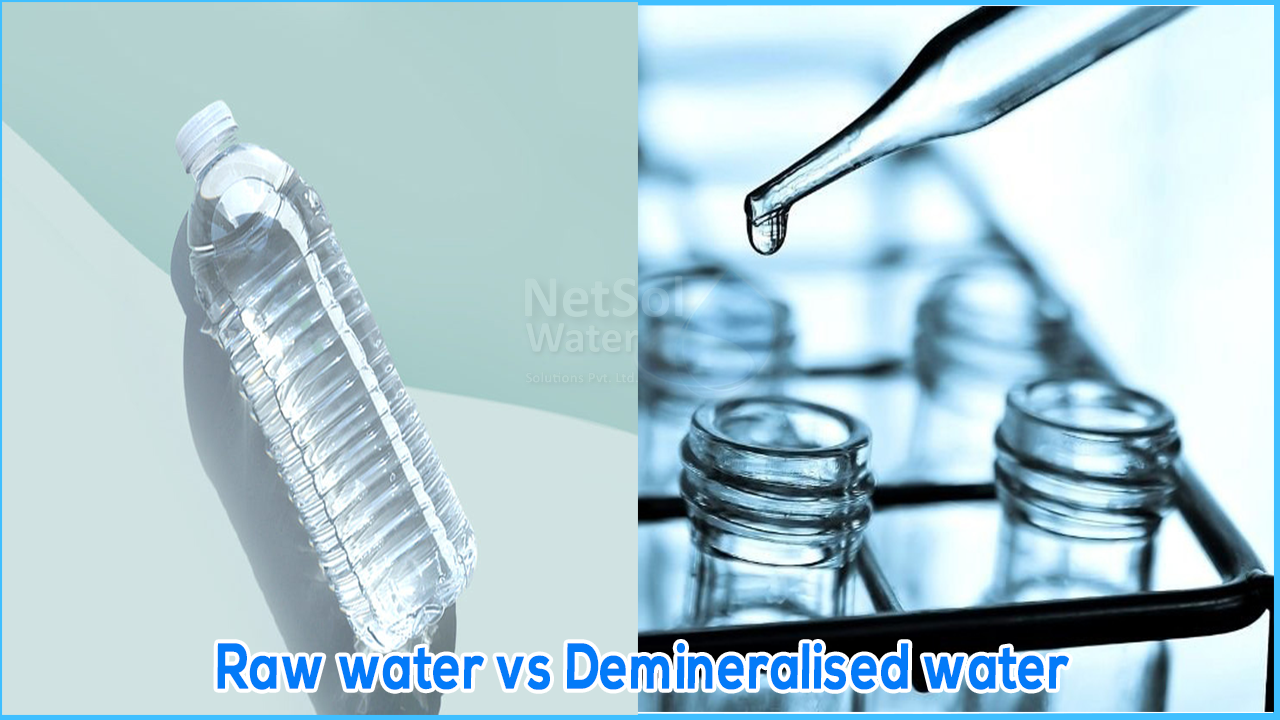Water is one of the most important resources on the planet. It has a wide range of applications around the world, from consumption to agriculture, manufacturing to electronics. Water is an essential component in modern manufacturing industries that use it as an ingredient, for cleaning, to dilute other strong liquids, as a stabiliser, and to transport things around. Modern industries have discovered novel and prudent uses for water that were previously unimagined. As demand for products and consumer goods increased, so did the demand for usable water sources.
Netsol Water has developed new and innovative machines for water sources as a result of understanding the demand for products and consumer goods. Water is an essential component of Netsol Water Solutions.
Netsol Water has all of the resources necessary to produce high-quality water for all of the company's needs, including meeting various international purity standards. Netsol products are made with various grades.
WHAT DO YOU MEAN BY DEMINERALISED WATER?
Demineralised water is water that has been purified in such a way that (most of) its mineral- and salt ions such as Calcium, chloride, sulphate, magnesium and sodiumare removed. Demineralised water is also known as demi water or deionised water.
The process of removing certain minerals from feed water is known as demineralization. Water, in its natural state, contains numerous impurities and minerals that render it unfit for use with machinery. This impure water is referred to as hard water. Hard water is especially damaging to the internal components of the machines and systems used in the pure water plant.
It can severely corrode metal parts and cause them to rust quickly. As a result, removing minerals from hard water is a critical step in any purified water system. All minerals that contribute to water hardness are removed, and demineralized water is produced.To remove the dissolved minerals and salts, an Ion Exchange process is used. An anion exchange resin removes minerals that have a positive charge, whereas a cation exchange resin removes minerals and salts that have a negative charge. This process removes the impurities that cause water hardness and softens it.
WHAT DO YOU MEAN BY RAW WATER?
Natural water, such as rainwater, groundwater, and water from bodies such as lakes and rivers, is referred to as raw water. Until it is treated by a potable water treatment process, water is considered raw water.
Although raw water is less expensive than treated water, it is riskier. Contaminants from raw water may occur in a steam-generating unit.
Metals that corrode
- 1. Form sedimentary deposits that act as insulators.
- 2. Surface scaliness on heat-transfer surfaces
- 3. Overheating and potential failure of pressurised parts
WHAT IS THE DIFFRENCE BETWEEN RAW WATER AND DEMINERALISED WATER
- 1. Raw water is simply natural water that has not been treated or filtered to remove minerals, bacteria, ions, particles, or any other compound and on the other hand, demineralised water is not the natural water, in fact, when the minerals were removed from raw water then it is called demineralised water.
- 2. Demineralised water is often used as an ingredient to sanitize containers and equipment, where as raw water is not used as ingredient to sanitize containers and equipment’s.
- 3. Raw Water is not used for the manufacturing of cosmetics and pharmaceutical products where as demineralised water is used in the manufacturing of cosmetics and pharmaceutical products.
- 4. Several health experts consider raw water to be unhealthy because the water may contain live bacteria and other particles that are harmful to your health whereas several health experts consider demineralised water is safer than the raw water.
- 5. Raw water flows through various rocks that may contain arsenic, which can have a negative impact on your immune system as well as cause certain diseases whereas demineralised water flows through a process namely, ion exchange in which all dissolved minerals and salts are removed.



